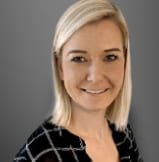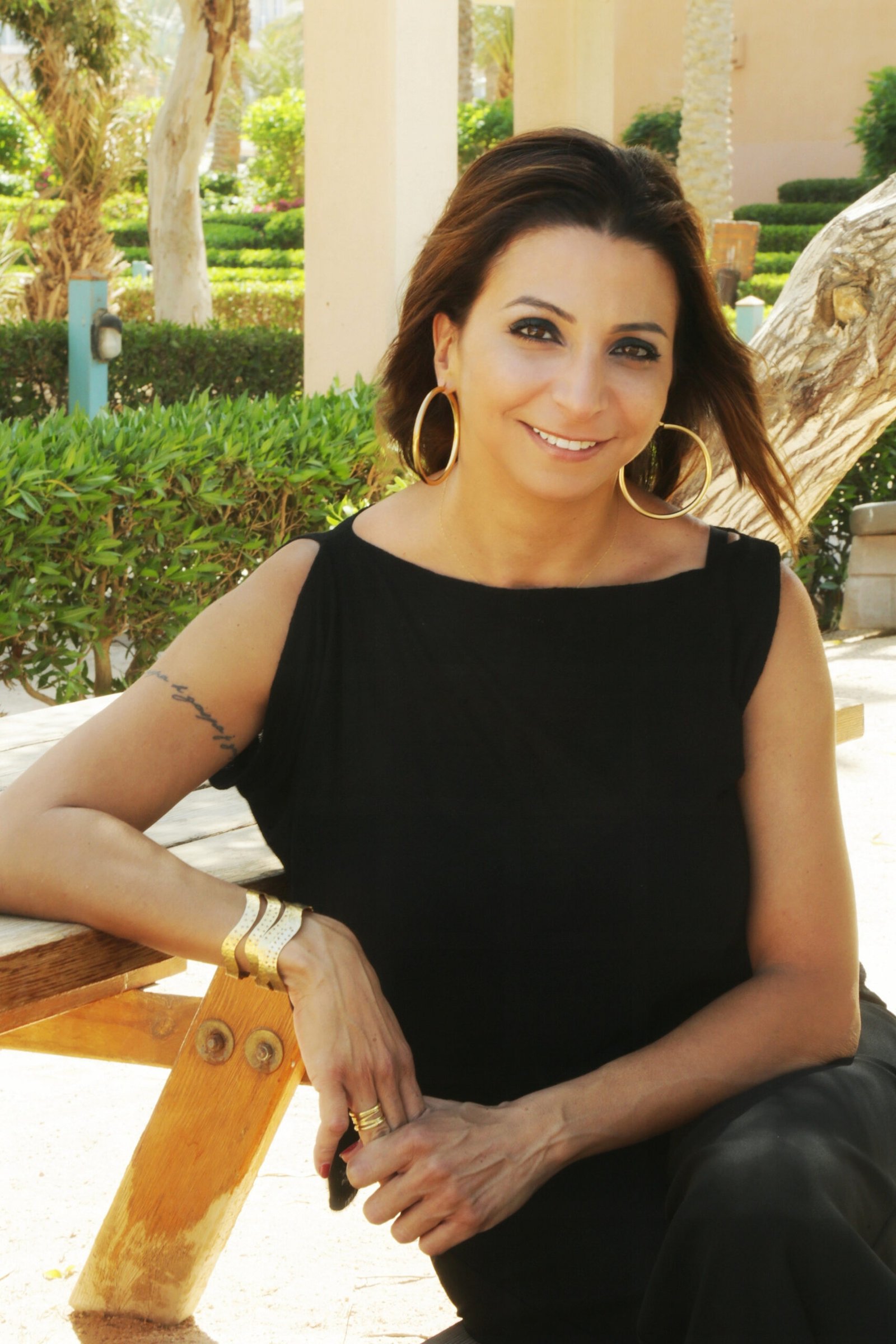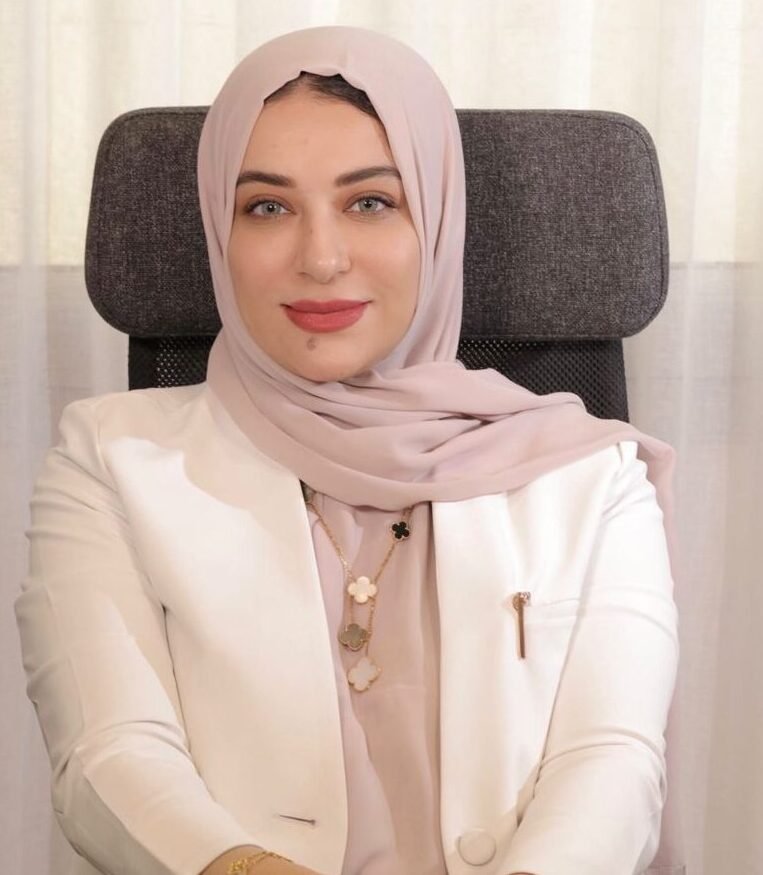
We don’t need to fix women, we need to fix workplaces
There is a big misperception that to succeed in business, women need fixing. The common belief that women need to be mentored to have more confidence, more drive and greater leadership skills to fit into the mold of what ‘good’ looks like is outdated at best. It’s based on a set of tired old values and ideals that are no longer valid. The world has evolved and moved on, but we have not. This is particularly prevalent when it comes to operational and technical roles – with traditional male leaders dominating positions. These roles come in many forms; with the most common in outsourcing being contract delivery specific such as contract, engineering, asset, commercial and operations roles.
Our own research has shown that only 20% of roles in operations are currently held by women. Females tend to occupy less technical jobs, filling more customer facing and soft services roles.This cannot be acceptable; we must do better. There is a strong rationale for why women will thrive in operational roles, and how this can also be an asset on their journey into senior leadership. We as leaders have a responsibility to provide the opportunity and platform to facilitate this.
In order to encourage women to strive for more operational roles and avoid another initiative that is simply a diversity box-ticking exercise, we must first address awareness and culture.We must start with examining the mindset of the business. A shift will take place if women are ultimately able to occupy more positions around the board room table, and this will fundamentally change the make-up of how we work.
The Case For Diversity
The impact of a diverse workforce in operations is absolute; It allows for a mixed school of thoughts, ideas and experiences. Bringing together various leadership styles results in better decision-making and more successful achievements of business objectives.
Our aim at Serco is to create a culture that is diverse and inclusive. A role in operations at Serco allows individuals to experience different facets of the organization to become a well-rounded leader. From managing people on contracts and leading large teams, to solving problems and liaising with multiple stakeholders; it is real front-line delivery making a difference to governments and their national transformation visions.
Opening The Dialogue
Ignoring inequality and refusing to believe it exists is the biggest barrier to delivering change. Against this backdrop of the low percentage of women in operations, we have created our “Humanising Inclusion” drive. The objective for our colleagues is to educate one another on their experiences of inequality and exclusion and the impact it brings. Only when we reach a tipping point of individuals being aware and understanding the personal impacts of people they know; can we truly start to drive a culture shift.
Programmes For Growth
So, how else do we accelerate this change? By consciously providing opportunities that women and men benefit fairly from; we operate an annual global leadership development program run by Oxford University in the UK, which is targeted at high potential leaders. We ensure the intake is fair and inclusive, representing the true diversity we strive for every day.
Nationalisation is core to our strategy. Our extremely successful Al Masar Programme for high potential UAE Nationals, is developing a pipeline of future Serco leaders. Al Masar has seen a high volume of successful women, who have received local and global Pulse awards for going above and beyond our Serco values. We work in collaboration with other organisations – including Ministry of Human Resources and Emiratisation (MOHRE) and the Chamber of Dubai – to drive inclusion, share the best practices and continuously improve efforts to improve and evolve.
Enabling Success
However, for a diverse workforce to thrive, there is a need to create a nurturing environment. We have seen an accelerated cultural shift during COVID that has seen the acceptance of a more flexible working model. This is an important move away from the outdated ideal that those who stay in the office longest at the expense of family-time or other leisure activities are most successful. This is a success criterion that no longer works for men or women as the boundaries of responsibilities blur between genders. If we want to see more women successful, and we want to make it acceptable for men to also juggle a more balanced family and career, we must move to a more flexible model – equality benefits men and women alike.
The Path Ahead
In a post-COVID world, where the working environment has been turned on its head, there is a clear opportunity to use this as a positive to pause, reset, reflect and shift. Our Executive Leadership Team at Serco is made up of 33% women. Whilst I celebrate this, I also recognize we have an enormous way to go to drive real change until we reach a point where ‘this’ is no longer a conversation.
There is a need for it to be driven top down and bottom up. My own inflection really started with the trust invested in me by our CEO, Phil Malem. This was the first time I’d been given a voice and a seat at the leadership table, and it was his openness about making me an equal in what was – at the time – an all-male senior leadership team, that gave me the determination to want to drive change in the business when it comes to gender diversity and inclusion. Phil didn’t tell me I needed mentoring or training, or that I wasn’t quite the right fit [male] as others had in the past when I’d argued for a seat at the table; he simply gave me a platform and allowed me to shine. Other high performing women are also benefiting from our top down commitment to providing opportunities for talent to move across into operational roles from more traditional functional support roles. We recently had a female colleague move from Finance Business Partner to Head of Business Operations, which would have been a move not previously considered.
We need to encourage men to give women a seat at the table because they value what we bring. We need to encourage women to take opportunities in more technical roles that are traditionally male-dominated. This will allow them to accelerate their path to leadership. We need to accept that men and women need more flexibility and hours spent in the office does not equal impact and value. We need to shift what success looks like to open opportunities that didn’t exist before. But most importantly, we must accept that there is much to do in this space, we must accept that we all have a role to play as leaders in bringing our businesses into a world that has evolved, when we have not.It is not about these words on this page, it is about the actions we take every single day as leaders.
Be part of changing the world. When equality wins, we all win.
By, Samantha Rowles, Growth Operations and Enablement Director, Serco Middle East
To know more about the author, visit this link.












